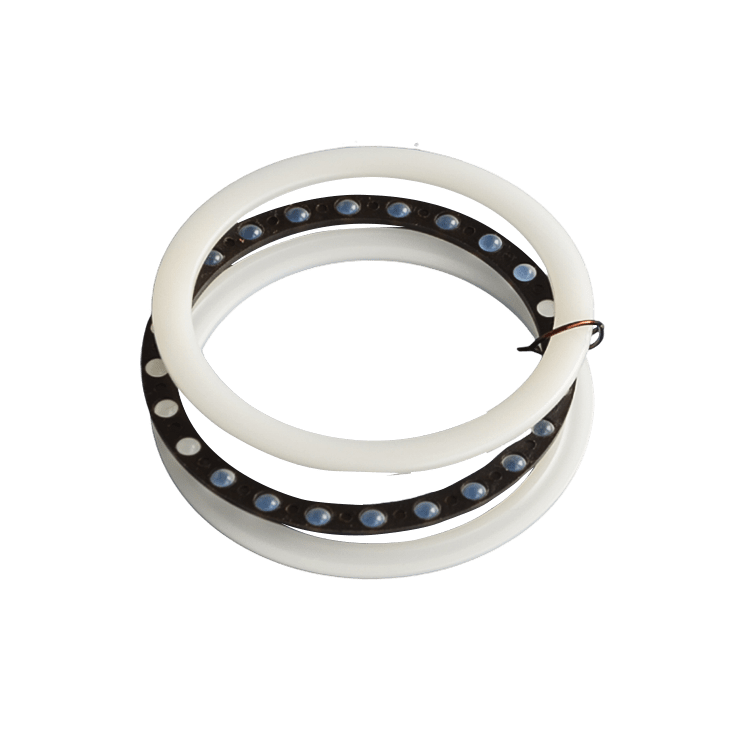Welcome to Tarso, professional special bearing manufacturer
In many applications, plastic bearings are the best c […]
In many applications, plastic bearings are the best choice. Not only are they resistant to dirt and corrosion, but they also feature low moisture absorption and high-speed operation. These advantages make them the perfect choice for many applications. They're a cost-effective alternative to metal-backed bearings. In fact, plastic bearings can easily replace steel- and iron-based ones. They're also easy to clean, making them the perfect replacement for your metal-backed bearings.
Various types of plastics can be used for bearing applications. Some of the most popular materials are phenolics, acetals, and UHMWPE. These materials have high mechanical strength and are highly lubricated. These properties make them an ideal choice for many applications. They can be manufactured to suit most applications and offer high-quality performance. To find out more about the benefits of plastic bearings, browse the various types of bearings and learn more about their features.
The main advantage of plastic bearings is their low weight. Compared to steel, these products consume less force and energy. This makes them more fuel-efficient and environmental-friendly. Additionally, they can withstand corrosive environments. This feature helps them last longer and improve performance. It also makes them more affordable for manufacturers. If you're interested in learning more about plastic bearings, check out the website of the Plastic Bearing Association.
Another benefit of plastic bearings is that they can be mounted into other components and parts. For example, you can mount the bearing into a pulley and make the shaft an inner ring. This feature reduces assembly time and minimizes the number of parts. Unlike metal bearings, plastic bearings do not require extra lubrication and corrosion. These characteristics make them the perfect choice for washdown applications and clean room environments.

A variety of plastics are available for use in bearing applications. Most commonly used materials include phenolics, acetals, and UHMWPE. Phosphoric bearings are corrosion-resistant and resistant to harsh chemicals. In addition, they can withstand high speeds and high forces. They are also available in various sizes, shapes, and lubrication materials. If you're not sure which type to buy, take a look at the different types of plastic bearings.
Because plastic bearings are very durable, they can be used in a variety of applications. They can withstand dirt and other types of corrosive materials. Some plastic bearings can be used in food and pharmaceutical products, which is why they are a good choice for these applications. You should also know that a plastic bearing can be installed into plastic wheels. You can even have it mounted into a pulley with a shaft or mounting clip.
A plastic bearing is an excellent choice for a wide variety of applications. They are lightweight, corrosion-free, and self-lubricating. These properties make them a great alternative to metal bearings. Aside from being more cost-effective, they're also eco-friendly. Aside from their durability, plastic bearings are also a better choice than their metallic counterparts. They don't have the disadvantages of metal.